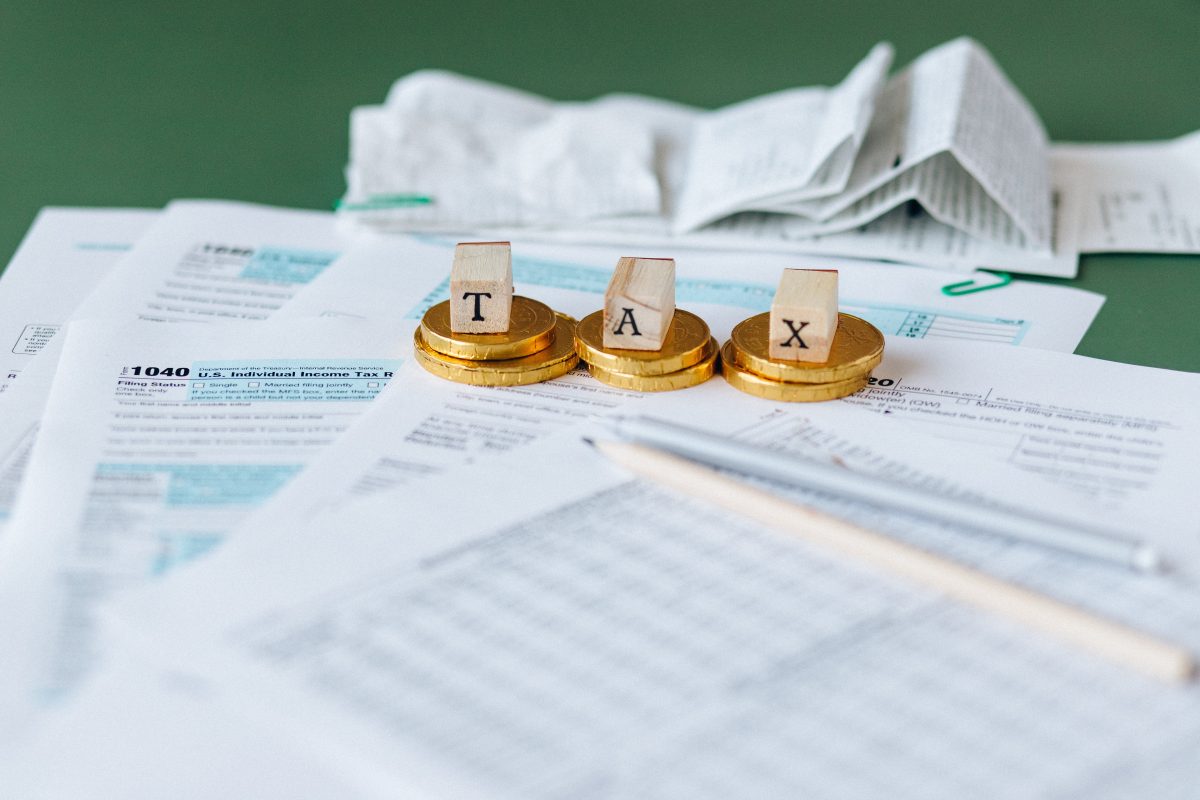
Tax return in Germany for 2024. Work in Germany. In Germany, many people must file a mandatory tax return, meaning they are required to submit it on time. Others can choose to file voluntarily. While doing taxes is not enjoyable, it can be worth the effort. Official data shows that 9 out of 10 people who file voluntarily receive an average refund of €1,063. Learn about the deadline for filing your 2024 tax return.
Tax return in Germany for 2024
In Germany, about half of all employees are required to submit a tax return, as specified under the mandatory tax settlement (Pflichtveranlagung). Those who are not obligated can still choose to file voluntarily, which often results in financial benefits. So, when does the tax office require you to file a tax return?
Read also: Germany boosts housing allowance: What to expect in 2025
You must file a tax return if any of the following apply:
- One spouse has income taxed under tax class 5 or 6 (or tax class 4 with a factor).
- Tax breaks are listed in the electronic income tax data (ELStAM).
- Additional income, such as from capital gains or rental properties, exceeds €410.
- Wage replacement benefits (e.g., unemployment benefits, sickness benefits, or parental benefits) are over €410.
- You live abroad but have claimed unlimited tax liability in Germany.
- You received income from multiple employers not taxed at a flat rate.
- Severance pay was taxed using the five-year rule (Fünftelregelung).
- A tax loss carryforward applies to you.
- A limited tax liability from an EU country was registered with ELStAM.
- Divorce or the death of a spouse followed by remarriage occurred within the same year.
If any of these conditions apply to you, filing a tax return is mandatory.
Tax return filing deadlines for 2024
If you’re required to file a tax return for 2024 in Germany, the deadline is July 31, 2025. However, if you use a tax advisor, the deadline is extended to April 30, 2026.
Voluntary tax return (Antragsveranlagung)
If you’re not required to file a tax return in Germany, you can still submit a voluntary tax return, which often leads to a tax refund. Here are situations where it might be beneficial to file:
- High work-related expenses: Costs like commuting, further education, or relocation for work.
- Home services and maintenance costs: Deduct expenses for home cleaning, care, or professional services like plumbing and electrical work.
- Working only part of the year: For those starting a job, doing seasonal work, or experiencing employment breaks.
Voluntary tax returns can help you recover overpaid taxes. It’s worth checking for deductions and tax relief options!
Deadlines for voluntary tax returns
You can submit voluntary tax returns in Germany for up to four years retroactively. Here are the key deadlines:
- For the 2024 tax year, the deadline is December 31, 2028.
- Late submissions are not accepted. For example, the deadline to file for a refund for the 2021 tax year is December 31, 2025.
Make sure to file on time to claim any potential tax refunds!
Deduction of tax-reducing expenses
The German tax office typically applies standard tax reliefs automatically. However, to claim higher individual expenses, you need to file a tax return. These expenses may include:
- Income-related costs:
- Commuting expenses.
- Costs for education, training, or courses.
- Other work-related expenses.
- Special expenses (Sonderausgaben):
- Donations.
- Childcare costs.
- Extraordinary burdens (außergewöhnliche Belastungen):
- Medical expenses.
- Costs for caring for dependents.
- Membership fees and other expenses:
- Expenses not automatically accounted for without a tax return.
Filing a tax return ensures you can deduct these additional costs.
German tax return for 2024: Is it worth filing a tax return?
Whether filing a tax return is mandatory or voluntary, it often proves beneficial! Individuals who had expenses that lowered their taxable income may qualify for a tax refund.
